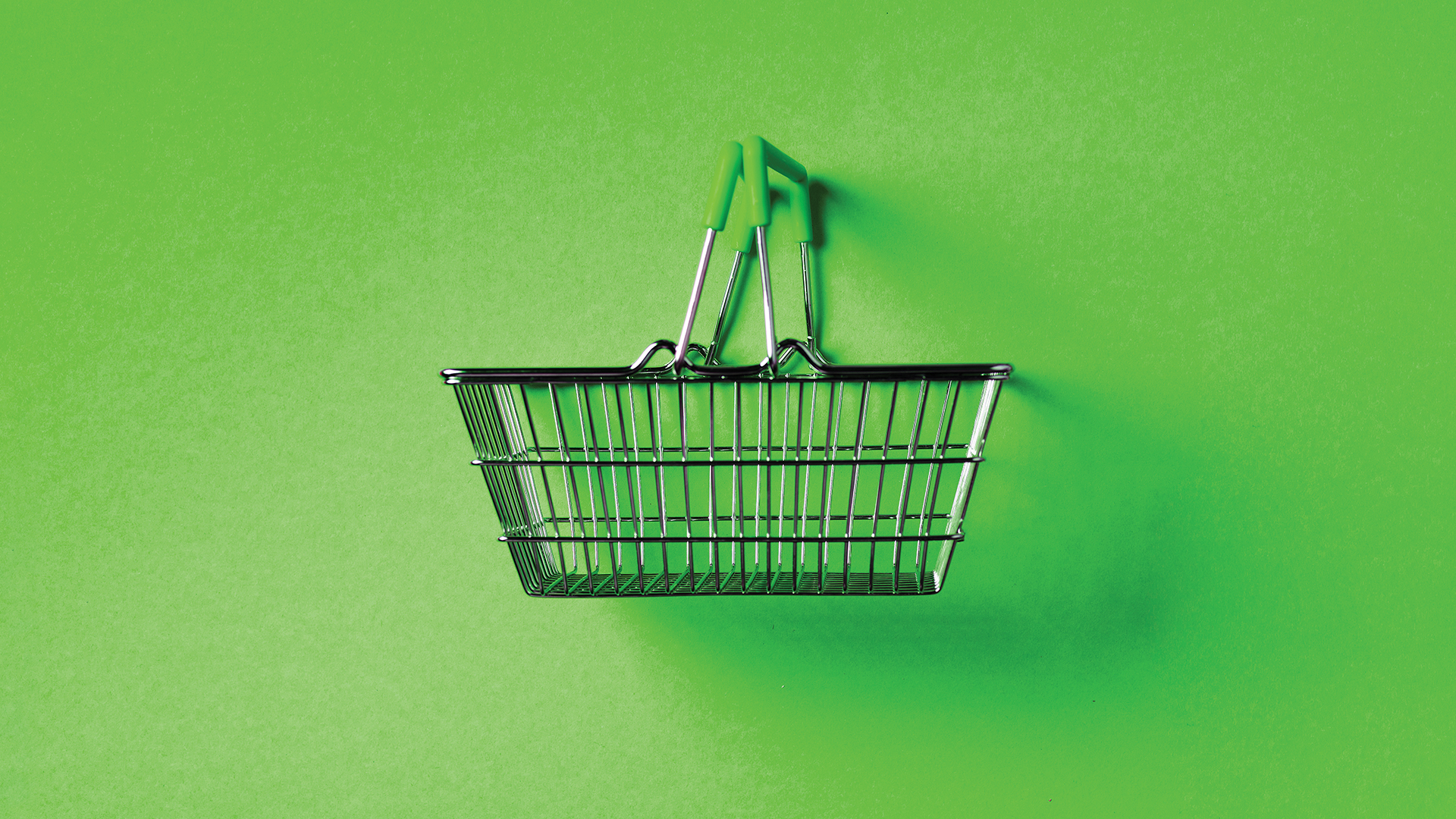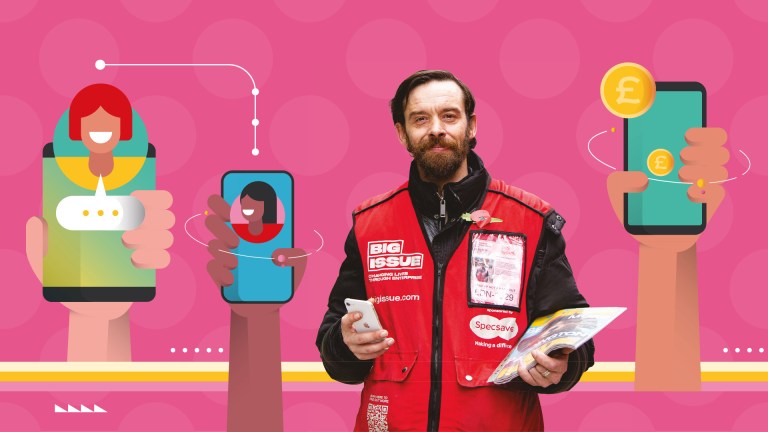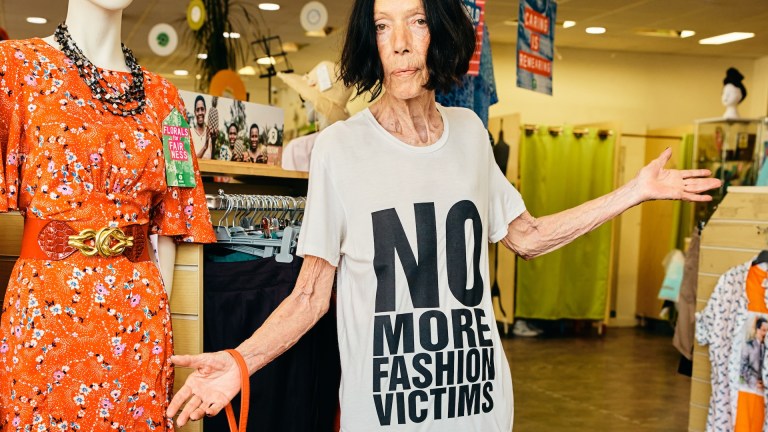“Do you use child labour? Are you using forced labour? How polluting is your company? These things all matter.”
Conscientious consumption is nothing new. In the 18th century, abolitionist campaigners boycotted sugar produced by slaves, torpedoing sales by a third. In the 1890s, the Salvation Army launched a fair trading tea company; dozens of alternative trade organisations followed.
But the past three decades have seen ethical shopping and consumers with a conscience move to the mainstream.
One in three UK consumers claim to have stopped buying certain products due to ethical or sustainability-related concerns, a 2023 Deloitte report found.
In a 2020 McKinsey US consumer survey, more than 60% said they’d pay more for a product advertised as sustainable.
“The ethical shopping movement is hugely significant,” said Rob Harrison, co-editor of
Ethical Consumer (EC) magazine.
“[It] has, over the 35 years we’ve been reporting on it, helped to transform most consumer markets in the west.”
Since 1999, the magazine’s EC Ethical Markets report has tracked year-on-year growth for ethical products and services in the UK. Over this time period, consumer spending on ethical products has increased from £17 billion to over £141bn in 2023.
It’s partly been driven by the enthusiasm of young shoppers. Around 83% of Gen Z consumers want brands to take a stance on social issues, Merkle’s 2022 Next Generation of Consumer Behaviour report revealed.
The cost of living crisis has stalled progress in recent years – but it’s also an opportunity. “Ethical options that cost less, rather than more, are more attractive,” Harrison explained. “And for Gen Z, buying second-hand clothes is a particular favourite.”
Fittingly, up to 90% of users on the pre-loved fashion app Depop are under the age of 26.
But savvy companies are getting very good at greenwashing, co-opting the language of sustainability to boost their reputations. Fast fashion companies market limited ‘recycled’ ranges, while coffee chains linked to human rights abuses invent dodgy ‘Fairtrade’ alternatives.
Vegan food company Vivera tells customers that they can save three animal lives by going vegetarian for a month, stating, “all these animals are sentient beings with social skills and the will to live”. Yet Vivera is owned by JBS S.A, the world’s biggest meat processor, a massive conglomerate that slaughters 77,000 cattle, 116,000 pigs and 13.6 million poultry birds every day.
In the Big Issue survey, 69% of respondents agreed that “most companies don’t really care about the environment; it’s all for show and PR.”
A raft of certification schemes have been set up to abate bogus sustainability claims. But more is needed. The government should also “use tax or rebates to make ethical choices cheaper than non-ethical ones” and “force companies to disclose and take responsibility for their impacts”, Harrison said. “This is done a bit now, on carbon and energy consumption and in Europe on workers’ rights – but again, much more could be done,” he said.
Most of us agree. The Big Issue survey suggests 56% of respondents want the government to prioritise stricter environmental regulations “even if it leads to higher costs for businesses and consumers.”
It’s “naive” of companies to assume that they won’t get found out, Stewart-Allen said. “Corporate scandals can be exposed faster than ever. Social media has made transparency really easy. Brands have to question: how do we make sure we are trusted, in an era of low trust? It’s about transparency, and ethics. They have to have both, because we will find them out.”
This article is taken from The Big Issue magazine, which exists to give homeless, long-term unemployed and marginalised people the opportunity to earn an income. To support our work buy a copy!
If you cannot reach your local vendor, you can still click HERE to subscribe to The Big Issue today or give a gift subscription to a friend or family member. You can also purchase one-off issues from The Big Issue Shop or The Big Issue app, available now from the App Store or Google Play









